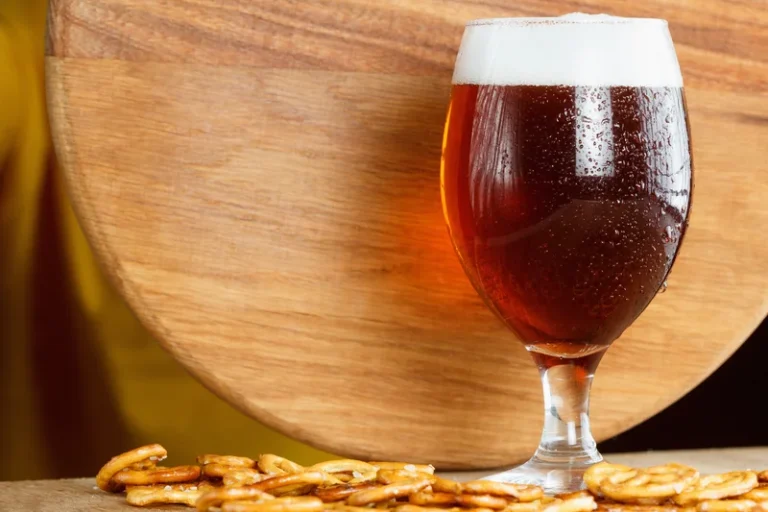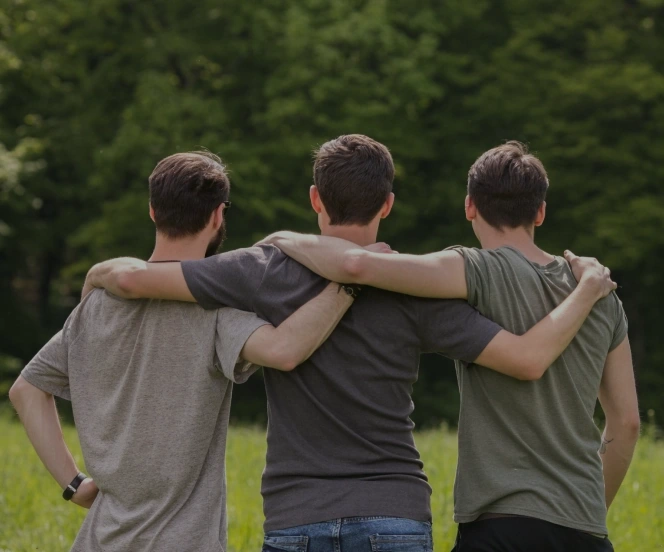
Sugars found in drugs and alcohol boost serotonin and dopamine levels in the brain. Sentia Red was launched on the UK market as a GABA spirit in January 2021 and has had favourable feedback from the food media and drinkers 74,75,76. Other differently flavoured versions of Sentia are now being developed, with one planned to be launched this year. While synthetic molecules offer probably the best way to develop precision pharmacological agents, the potential for naturally occurring GABA-acting molecules must also be considered. Interestingly, recent clinical experience suggests one compound selective for the GABAA α2 and α3 receptor subtype AZD7325 shows some alcohol-like effects, Study 13 within 60. Other work has suggested that α5 receptor subtypes in the hippocampus might also mediate some of the effects of alcohol 61.
CBD Oil and Other Forms of CBD

Too much alcohol, especially over many years, negatively impacts just about anyone who engages in the behavior. Kava is proven to elevate mood and feelings of well-being, meaning it can serve a similar anti-anxiety function as alcohol. This short activity offers a recognize-avoid-cope approach commonly used in cognitive behavioral therapy, which helps people to change unhelpful thinking patterns and reactions.
What is Rehab and How Can it Help You?
While l-theanine has caused side effects such as headaches and substitutes for alcohol cravings dizziness, the chemical seems to be mostly beneficial for users. Its ability to calm the nerves and alleviate stress provides the same relaxing effect users seek from alcohol, but without the negative side effects and consequences. Certain antidepressants also show promise for helping reduce drinking when you live with depression. Your care team might recommend this approach if you experience symptoms of anxiety and depression along with cravings.
Promotes GABA and Dopamine Production

When not drinking, you might begin to notice feelings of anxiety or other emotional distress, along with strong cravings for alcohol. With time, and by practicing new responses, you’ll find that your urges to drink will lose strength, and you’ll gain confidence in your ability to deal with urges that may still arise at times. If you are having a very difficult time with urges, or do not make progress with the strategies in this activity after a few weeks, then consult a healthcare marijuana addiction professional for support. In addition, some new, non-addictive medications can reduce the desire to drink or lessen the rewarding effect of drinking so it is easier to stop.
- This guide covers policy details, in-network options, preauthorization, documentation, and appeals for coverage success.
- These include bananas, figs, strawberries, and oranges, but pretty much any fruit you like will do the job.
- Set a timer for 5-10 minutes to start, and gradually increase the duration as you become more comfortable with the practice.
- The study also found that participants tolerated CBD well; no significant side effects were reported.
Benefits of Not Drinking Alcohol

When your focus is putting healthier foods in your body, you’re less likely to want to drink high-sugar beverages like alcohol. In addition to providing an alternative activity to drinking, these activities also help you better manage stress and improve your overall health. Non-alcoholic beverages allow you to enjoy the social aspects of drinking without any of the physical effects of alcohol. You might want to find a non-alcoholic alternative if you’re accustomed to drinking heavily or using alcohol as a relaxation tool.
Therapists can also teach new mindfulness strategies and coping techniques, along with cognitive behavioral techniques you can use to challenge and reframe negative thoughts or self-beliefs linked to alcohol cravings. Just as different things can trigger alcohol cravings from person to person, different strategies can help you manage them. External triggers refer to the environmental cues you link to alcohol, including places, times, people, and situations.
If you wonder how to stop alcohol cravings and are serious about addiction recovery, contact Avenues Recovery today to discover a world of premier addiction treatment and unbending support. Being around others who are drinking or in environments where alcohol is present can trigger a desire to drink. Social gatherings often revolve around alcohol, making it difficult for those trying to abstain. The social pressure to conform and the association of alcohol with fun and relaxation can make it challenging to resist cravings.

Oar Health Reviews: Alcohol Moderation Success Stories
Ashwagandha is an herbal supplement used in traditional Indian Ayurvedic medicine. It has long been used to prevent alcohol cravings, improve immune function, and reduce stress. Although the available evidence is mixed or lacking in humans, the following natural supplements, herbs, and vitamins might help curb alcohol cravings (5, 6, 7). Internal triggers are thoughts, feelings, sensations, and beliefs inside you that feed your cravings for alcohol. If you’re used to drinking in social situations, think through whether there are people in your network who are booze-free—or situations where you’re less likely to crack open a beer. Maybe you have friends who don’t drink, Piccirillo says, and you can start to prioritize plans with them.
Changes in brain chemistry
- Success rates vary, but understanding the factors influencing treatment can enhance the recovery journey.
- The vitamin E commonly found in nuts also allows for healthy skin, a full head of hair, and a strong immune system.
- When you feel the urge to drink, take a moment to pause and observe your thoughts and feelings without judgment.
- This decline in productivity can lead to missed deadlines, poor performance, and strained professional relationships.
These are clinically available and can very quickly and effectively reverse the sedative actions of these PAMs, e.g., when used for sedation in surgery. Most well-known are those that enhance the effect of GABA—the so-called positive allosteric modulators or PAMs. These include synthetic molecules such as benzodiazepines (BZs) as well as endogenous molecules such as neurosteroids (see Section 5 below). By reducing brain activity, they can stop epileptic seizures and reduce anxiety.


